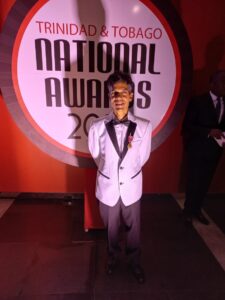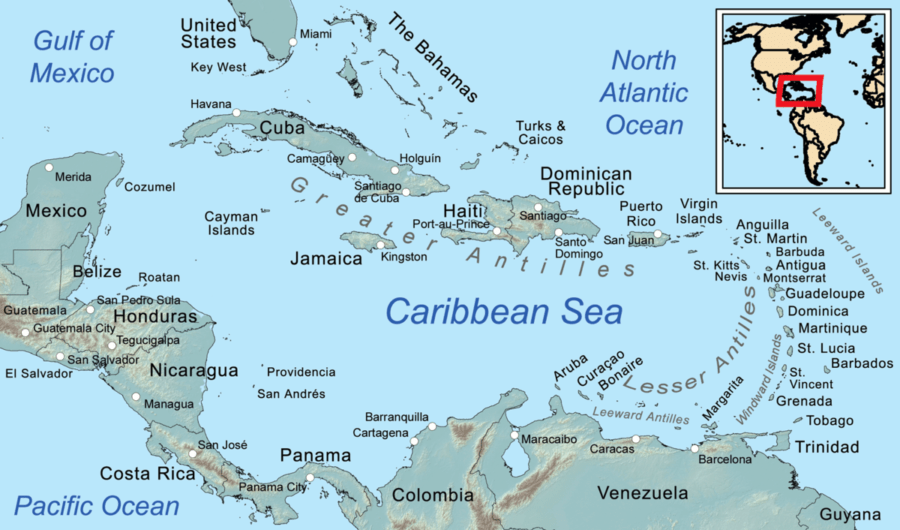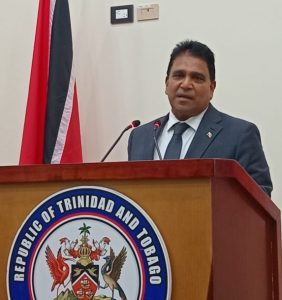
WEST INDIAN integration also found expression in professional organisations and ‘pre-federal’ institutions. One of the earliest of the professional organisations was the Associated Chambers of Commerce of the West Indies (1917) which promoted trade among the colonies and sought to develop inter-island transport.
The West Indies and British Guiana Teachers’ Union was formed in 1935. Its first President was T E Beckles of the Trinidad Teachers’ Union, The first West Indian press conference was held in January 1929 in Barbados. In attendance was T A Marryshow of Grenada’s West Indian, A R F Webber of the New Daily Chronicle in British Guiana and one delegate from the Voice of St Lucia.
Similar associations included the Civil Service Federation formed in 1944, which fought against the colour bar in the colonial service and encouraged the unification of the civil service in the region. Other ‘pre-federal’ institutions included the Imperial College of Tropical Agriculture and in 1948, the formation of The University of the West Indies (UWI). Also promoting regional co-operation were the Caribbean Bar Association and the West Indian Meteorological Service.
Labour advanced the integration process with its own initiatives to create a West Indian working-class organisation. The quest for a ‘confederation of labour’ received expression through regional cooperation among working-class organisations aided by mutual visits of labour officials to the various colonies. The Workingmen’s Association in Barbados, formed in 1927 by Charles Duncan O’Neal, was an offshoot of the island’s first modern political party- the Democratic League.
Labour groups in Trinidad and Grenada had established links with each other, primarily through the valiant efforts of Captain Arthur Cipriani and the Trinidad Workingmen’s Association (TWA).
Marryshow acknowledged that the Grenada Workingmen’s Association (GWA) was founded as a result of Cipriani’s initiative. Fraternal relations among working-class leaders laid the foundations for an informal network of labour in the Caribbean. In 1932, Marryshow and Cipriani, motivated by the urgency to mobilise labour in the Caribbean, visited St Kitts where they encouraged workers to form organisations similar to the TWA and GWA. Subsequently, the St Kitts Workers’ League was formed as a working class organisation but to also function for the promotion of political and social reform. On 3 August 1936, Marryshow visited St Vincent on the invitation of George McIntosh, President of the St Vincent Workingmen’s Association (SVWCA). In his address at a labour rally comprising 3,000 to 4,000 persons, he encouraged the working class in St Vincent to promote programmes for the advancement of labour but also to actively support the efforts of labour leaders in the quest for self-government.
The need for a confederation of labour organisations in the West Indies was raised at the first British Labour Commonwealth Conference held in England in 1925.
The Conference was hosted by the British Labour Party (BLP) and the Trades Union Congress (TUC) with participants from England, Ireland, Canada, South Africa and British Guiana. Hubert Critchlow, President of the British Guiana Labour Union (BGLU) represented the Caribbean.

Prior to his departure for England, Critchlow visited Trinidad where he secured the support of the labour movement. At that Commonwealth Conference, Critchlow made an appeal for labour legislation in the West Indian colonies to address problems of low wages, long working hours and the high cost of living.
Indeed, one of the resolutions approved at the Conference related to the need to establish a 48-hour week and workmen’s compensation law in all the colonies. Critchlow invited the British Labour Party (BLP) and the Trades Union Congress (TUC) to visit British Guiana to attend the annual BGLU Conference carded for January 1926.
The 1926 Guiana Labour Conference, held at the Georgetown Public Buildings, was convened to initiate a campaign to foster closer collaboration among trade unions in the Caribbean. A major resolution of the Conference called for the formation of ‘The Guianese and West Indian Federation of Trade Unions and Labour Parties’ with responsibility for the consolidation of efforts and the cooperation of the various labour organisations in the colonies. This could successfully be achieved through the formation of a common Caribbean labour agency to serve the region, particularly in producing common solutions for West Indian labour problems.
In the 21st century, trade unions in the Caribbean could learn from these past efforts as they chart a future for working-class unity.
Dr Jereome Teelucksingh is a recipient of the Humming Bird (Gold) Medal for Education and Volunteerism. He is attached to the Department of History at the University of the West Indies at St Augustine. He has published books, chapters and journal articles on the Caribbean diaspora, masculinity, culture, politics, ethnicity and religion. Also, he has produced a documentary – Brown Lives Matter and presented papers at academic conferences.
Click below to read other articles by Dr Jerome Teelucksingh:
Should International Agencies be Blamed for Unemployment
A Need to Observe Word Unemployment Day
An Ideology for the Trade Union Movement
The Man who Couldn’t be Prime Minister
Social Outburst vs Social Revolution
Challenges of the Men’s Movement
If George Floyd was Denied Parole
The Meaning of Indian Arrival Day in T&T
International Men’s Day – A Way of Life
Wounds that cause school violence
May Day: A Time for Solidarity, Strength
Who Coined the Term ‘Black Power’
![]()













